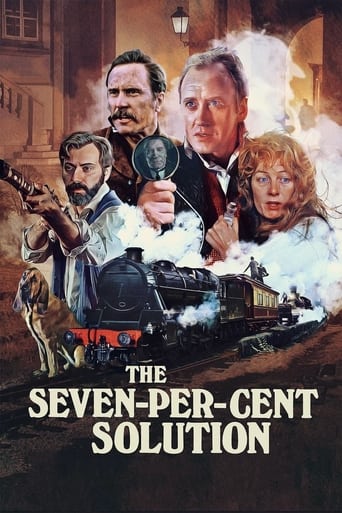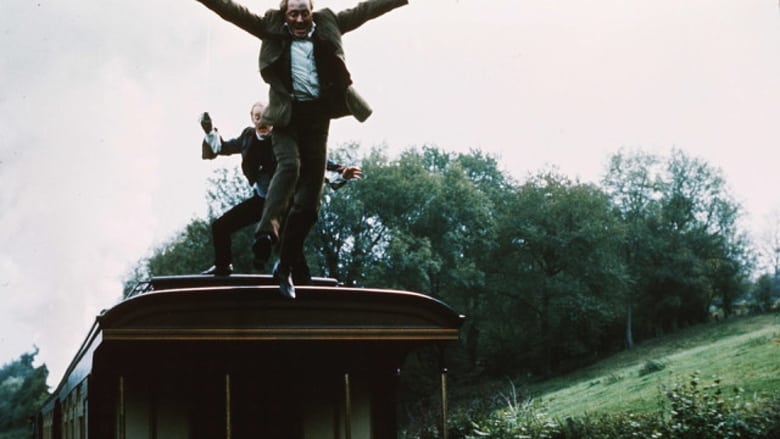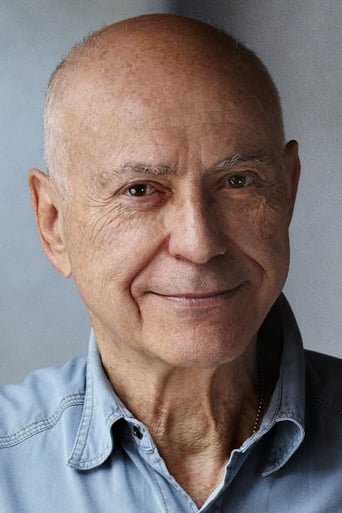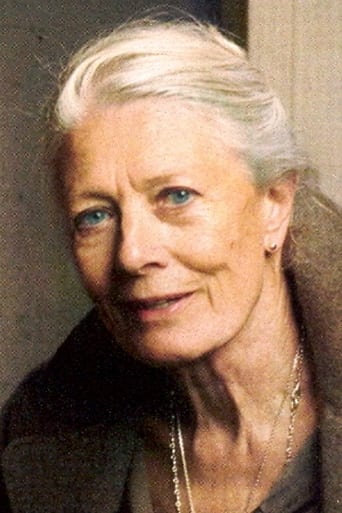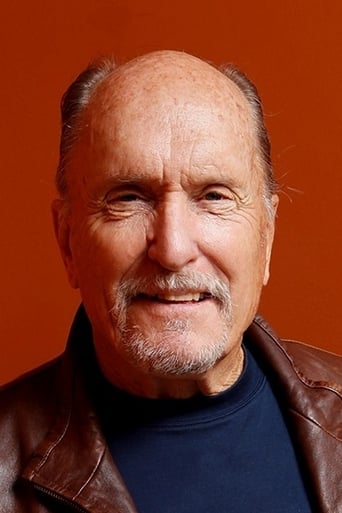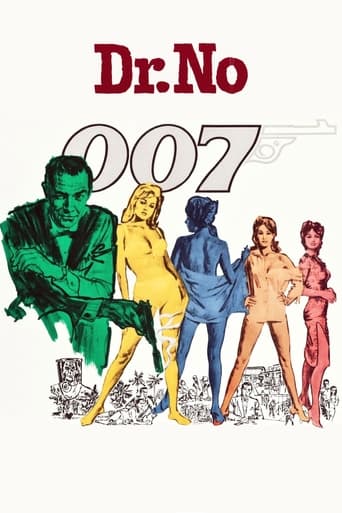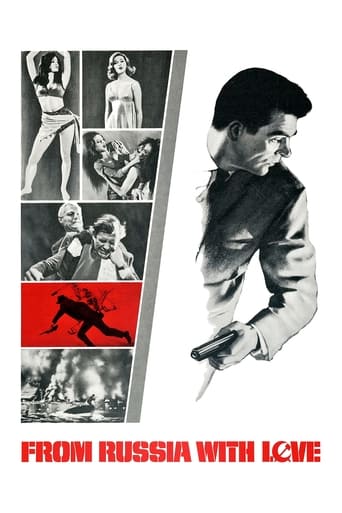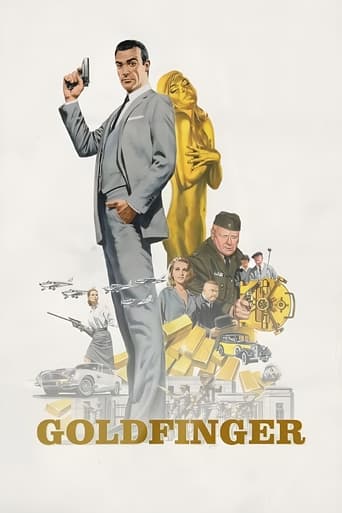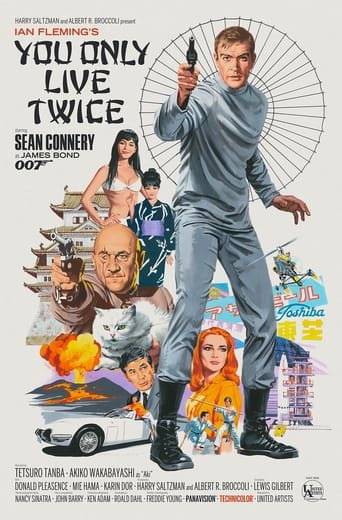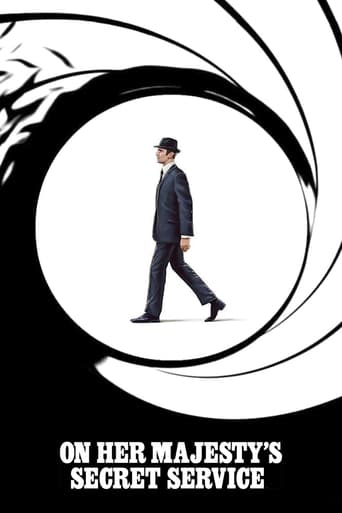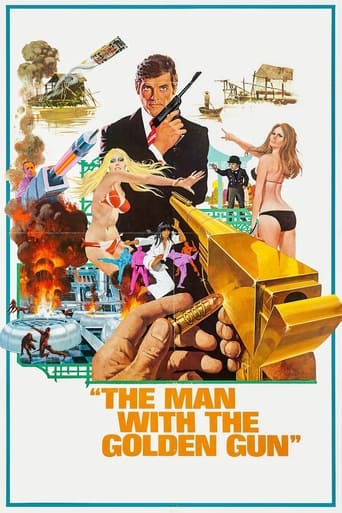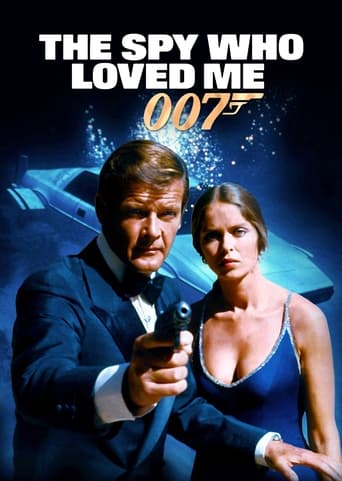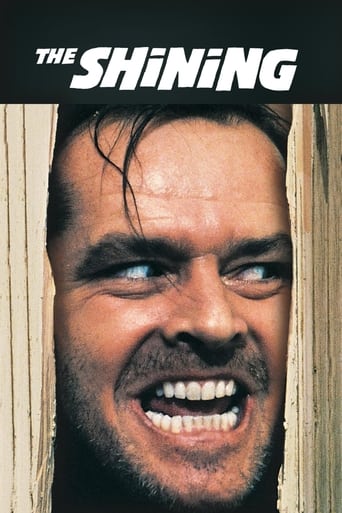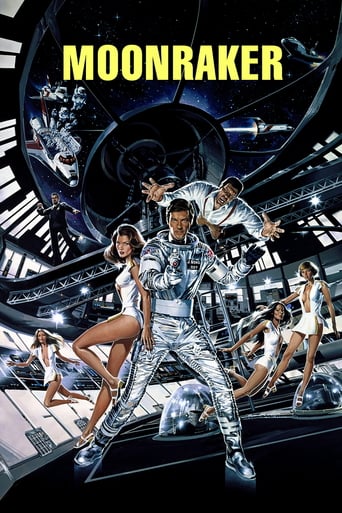The Seven-Per-Cent Solution (1976)
Concerned about his friend's cocaine use, Dr. Watson tricks Sherlock Holmes into travelling to Vienna, where Holmes enters the care of Sigmund Freud. Freud attempts to solve the mysteries of Holmes' subconscious, while Holmes devotes himself to solving a mystery involving the kidnapping of Lola Deveraux.
Watch Trailer
Free Trial Channels
Cast


Similar titles
Reviews
One of the best films i have seen
Don't Believe the Hype
brilliant actors, brilliant editing
Amazing worth wacthing. So good. Biased but well made with many good points.
Produced and directed by Herbert Ross, novelist Nicholas Meyer used Sir Arthur Conan Doyle's characters to write an interesting crime mystery involving Sherlock Holmes, his loyal and trusty companion Dr. Watson, and Dr. Sigmund Freud!Though the drama begins as an exploration into the destructive nature of cocaine addiction (the title refers to the concentration of cocaine Holmes self-injected), and how it almost leads to the famous detective's undoing, it devolves into a comedy adventure of sorts after Freud helps Holmes fight this weakness.The cast, which is excellent, includes Nicol Williamson as Holmes, Robert Duvall as Dr. Watson (and the film's occasional narrator), Alan Arkin as Dr. Freud, Laurence Olivier as Holmes's nemesis Professor Moriarty, plus Vanessa Redgrave, Joel Grey, and Jeremy Kemp, who figure in the mystery. Samantha Eggar appears briefly as Watson's wife, Morstan. Screenplay writer Meyer and Costume Designer Alan Barrett received their only Oscar nominations for their work on this film.Watson (Duvall) is naturally concerned that his friend, the eminent detective Sherlock Holmes (Williamson), has become a paranoid recluse that believes that Professor Moriarty (Olivier) is out to get him. In fact, it is Moriarty, who Holmes is stalking, that makes Watson aware of the detective's irrational obsession.Upon investigation, Watson discovers that Holmes is under the influence of cocaine. He'd also learned that there is some tragedy in the two's shared past beyond the fact that Moriarty was a difficult calculus instructor of Holmes's; Moriarty refused to reveal anything else. Watson decides to visit Holmes's brother Mycroft (Charles Gray) who is able to use this secret past against Moriarty to get him to lead his brother to Vienna, where Dr. Freud (Arkin) has been able to help those with similar addictions.The most incredible display of the great detective's powers of perception and deductive reasoning occurs shortly after Holmes meets Freud - merely by walking through the doctor's flat, Holmes is able to tell Freud's life story to date!After a long and arduous 'drying out' period, wrought with hallucinations, and assisted by some hypnosis from Dr. Freud, Holmes is introduced to one of the doctor's former patients, a famous actress named Lola Deveraux (Redgrave). Deveraux had been 'cured' of her cocaine addiction by Freud, but she is found in a hospital, partially under its influence again, after allegedly trying to kill herself. Holmes deduces that she'd been bound and forced into using the drug, and had actually been trying to escape.This leads the three men (Holmes, Watson, & Freud) to follow a strange little man (Joel Grey, playing Lowenstein) that fits Deveraux's brief description of her abductor. After this man leads them into a trap in which they're almost killed, Holmes realizes to late that they'd been distracted so that the perpetrator could recapture Ms. Deveraux.It turns out that the man responsible for her abduction is Baron von Leinsdorf (Kemp), who had earlier made an antisemitic comment to Freud at their club and lost a real tennis (not what you think) match to the doctor, who'd wanted satisfaction. Assisted by Deveraux, who'd dropped flowers like 'bread crumbs' enabling them to follow her, the three men capture Lowenstein and figure out that the Baron is responsible.It is at this point in the story that the film becomes a wild, cross continent chase more than anything else, with predictable results. However, one does finally learn, while Freud has Holmes under hypnosis, the root causes of the detective's cocaine addiction and the reason why Moriarty was involved in his fantasies.
I first started reading Conan Doyle's Holmes stories in the seventh grade. Shortly after that, Nicholas Meyer appeared on the scene with one of the earliest (and best) Holmes pastiches, THE SEVEN PERCENT SOLUTION." I was too young to catch the pun in the title (I thought "solution" meant solving the puzzle; instead, it refers to an actual amount Holmes used in his cocaine injections).The story's premise is that Dr. Watson, worried about Sherlock Holmes' drug addiction, leads him to Vienna on a false trail where he will embark on a cure by Dr. Sigmund Freud.The biggest problem with the movie is that Sherlock Holmes is billed fourth. But then, he is surrounded by some of the biggest stars of the day.Top-billed Alan Arkin, as Freud, gives a creditable performance. Arkin was one of those inexplicable megastars of the 1970s along with George Segal and Elliott Gould. I don't know what a Viennese accent sounds like, but I'm prepared to believe Arkin nailed it. And his Freud is by turns intellectual and funny, a rare combination.Robert Duvall, not far from "Godfather II" is an odd choice for Watson, but he gives one of the earliest respectable film Watsons. A few had paved the way (i.e., Andre Morell, Colin Blakley) but Duvall's is the first Watson shown as he was in the Holmes stories--a moderately successful London doctor, happily married and living with his wife rather than shacked up in a small apartment with another middle-aged man. He's sharp and incisive, just not as smart as Holmes (or Freud). Watson's loyalty to his friends is admirable.Holmes is played by Nicol Williamson. He's a fine actor and went on to some great things on film (such as Merlin). The excellence of his performance is exemplified by one scene, where he is pulling his "Holmes tricks" for Freud, describing how he knows all about Freud though they never met, yet with the nervous excitement of an addict in desperate need of another fix.Unfortunately, while Williamson's bona fides as an actor are never in doubt, Holmes being billed fourth in a Sherlock Holmes movie is dreadful. Perhaps stars with big names would not be drawn to a project where they would have to battle billing with (then) bankable names like Arkin and Duvall.Then there's the lady in distress, played by Vanessa Redgrave. Another big star of that bizarre time, her part is so small and weird it might well have gone to a lesser actress and let Holmes move up a notch in the billing. Though I never saw Redgrave's charm, she was a big star at the time playing a role beneath her talents.Apart from that, there's the always-blustering Jeremy Kemp. And Laurence Olivier, playing a meek part with his usual scene-stealing aplomb; though he's just a nervous little man, he's the one you watch. Joel Grey from "Cabaret" is lurking around in a most unimportant role for someone who won an Oscar four years earlier.A interesting, if small, part is played by Charles Gray as Sherlock's brother Mycroft. Though in the stories Mycroft should always be played by Robert Morley (who actually did essay the part in "A Study in Terror") but just as Watson is played in the film as a human being, so Gray eschews the fat and misanthropic Mycroft, but he does zero in on Mycroft's alleged power behind the scenes. Trivia: Gray went on to play Mycroft in the Jeremy Brett television series.So, with all the cast in place, the film plays out enjoyably, first with Holmes being analyzed by Freud, and then with Freud caught up in a tongue-in-cheek Holmes-like train chase.The only part that comes off hollow is the uncanonical ending that explains why Holmes is obsessed with Moriarty. It's rather a downer after an evening of fun and excitement with Holmes and Dr. Freud.
The movie's wit ended with the opening credits. From the narration in the beginning to the "chance encounter" at the end, everything else was just downright silly. When it does abandon its outright attempts at humor, you aren't sure whether the movie was still trying to be funny in its seriousness or whether the actors really were just unintentionally embarrassing themselves.Not being a hundred per cent faithful to the book should not be a problem, except to make things more visual and much simpler the script called for dumbed down clues that make Toby the bloodhound seem like far better at detecting than Holmes. It was just so annoying and painful to watch.
This film, directed by Thom Eberhard from a script by Nicholas Meyer presents Sherlock Holmes in a new perspective. The discovery of Cocaine in the 19th century originally seemed like a perfect drug and many doctors perceived it as an ideal cure for everything. Even Freud used it extensively and prescribed it for his patients until he became dependent on it. There are those who say that the same thing happened to Conan Doyle, who eventually kicked the habit, but used in as a part of the Character of Sherlock Holmes, at least in the earlier stories, who claimed that the boredom that set in when his mind was not occupied on a case was only relieved by a seven percent solution of the drug that he would inject himself with. In this film it is realized that he has begun to be overly effected by the drug as he sees incidents of his youth in a distorted view, until Watson is forced to trick him into going to Vienna to see Sigmund Freud. Nicol Williamson is a very sympathetic Holmes, and Robert Duvall, surprisingly essays a very likable Dr. Watson. Laurence Olivier ha a small role as James Moriarity, who is no villain but a former tutor of the brothers Holmes, who had had an affair with their mother years before, and had been hounded by Holmes since. Alan Arkin is an excellent Freud, and the film is a great adventure and touching drama, as Holmes, in the middle of his cure, once again brings his great intellect to bear on a baffling case.

